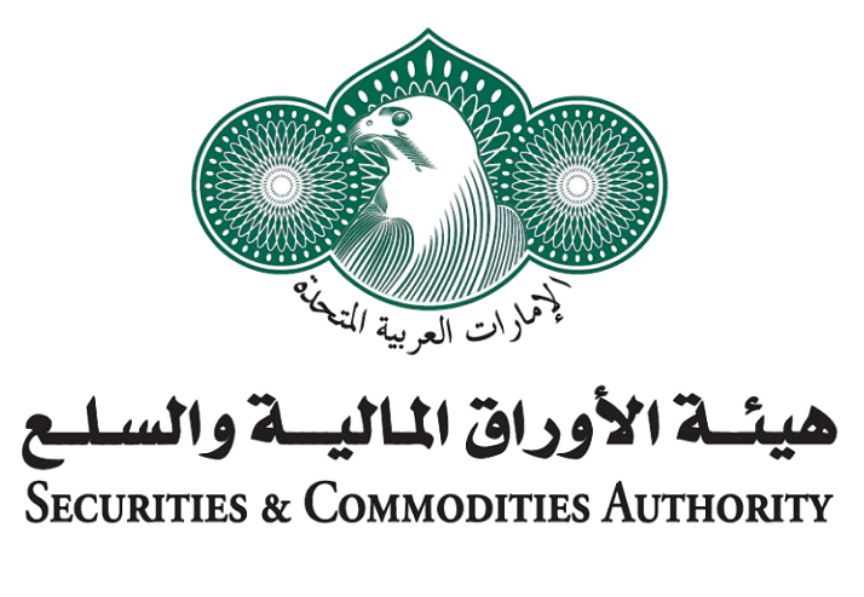TL;DR
From VARA Category 1 and Category 2 issuance to the CBUAE for AED-payment tokens, the UAE provides clear routes for issuing all major token types: RWAs, stablecoins, utility, and security tokens.
Founders can also pair UAE structures with offshore or Swiss vehicles for governance efficiency. In short, nearly every token model can be issued from the UAE when properly classified and structured.
The UAE has evolved into a sophisticated, multi-regulator jurisdiction, and crypto founders are flocking here for precisely that reason. One of the most common questions we get: how do you issue tokens from the UAE?
The truth: there isn’t one path.
Multiple regulatory options exist, and in some cases, we pair a UAE structure with a complementary offshore or Swiss Foundation/Association to keep governance clean while complying with local rules.
At NeosLegal, we’ve structured 250+ token issuances and delivered legal opinions accepted by Tier-1 exchanges with a 100% success rate.
Below is a concise, founder-focused guide to who can approve what, and how to position your issuance so it clears the bar the first time.
VARA (Dubai): Virtual Assets Issuance
Scope. VARA supervises virtual assets activities in Dubai, including two pillars relevant to issuance:
- Fiat-Referenced Virtual Assets (FRVAs) – Non-AED stablecoins (e.g., USD/EUR). Require a Category 1 licence, token-specific approval, 1:1 reserves in high-quality liquid assets, daily reconciliations, monthly attestations, and redemption at par within prescribed timelines.
- Asset-Referenced Virtual Assets (ARVAs) – RWA tokens referencing off-chain assets (e.g., gold, real estate, commodities). Also Category 1 with token-specific approval, detailed whitepaper/risk disclosures, licensed custody, legally segregated reserves, and prompt redemption mechanics.
- Category 2 issuance includes basically everything that does not fall under Category 1 or Exempt issuance. No license or approval is required for such issuance, but tokens must be distributed through licensed intermediaries (e.g., broker-dealers or exchanges), who are responsible for compliance.
- Exempt VAs Issuance – these are non-transferable or closed-loop tokens such as loyalty points, bonuses, or discounts that can only be used within the project ecosystem. Even though prior approval is not required, issuers are still under VARA’s watch. This means issuers should act transparently, diligently, and lawfully, making sure to treat token holders fairly, keep enough resources, and provide clear disclosures.
Read more → Forbes Guide to RWA Tokenization in Dubai.
CBUAE (Federal): AED-Pegged Payment Tokens
Scope. The Central Bank’s Payment Token Services Regulation governs AED-pegged payment tokens, aka stablecoins, and manages approval of foreign-backed stablecoins.
- Requirements. Licensing, bilingual whitepaper (EN/AR), 1:1 AED reserves held with UAE banks, daily reconciliation, monthly external audits, robust governance, and AML/CFT.
- Prohibitions. Algorithmic and privacy-enhanced models are strictly prohibited.
Use case. If your token behaves like money in the UAE economy, expect CBUAE jurisdiction.
SCA (Federal): Security & Commodity Contracts
Scope. The SCA regulates Security Tokens (tokenised equity, debt, sukuk, fund units) and Commodity Token Contracts (on-chain commodity derivatives such as futures/options).
Principle. Technology-neutral parity: tokenised instruments are treated like their traditional counterparts, with prospectus-grade disclosures, authorised custody (including whitelisted self-custody, where applicable), and trading on SCA-supervised venues or approved OTC channels.
Exclusions. RWA tokens fall outside SCA’s securities perimeter unless the underlying asset itself is a security.
We, at NeosLegal, played an instrumental role in achieving this clarity, working directly with the regulator and engaging members of the UAE Supreme Council to ensure that RWA tokens remain distinct from securities and that the UAE continues to foster innovation in tokenisation while maintaining robust investor protection.
We are delighted by the positive engagement and support we have received over the past 2.5 years while working on this specific legal point.
ADGM (FSRA): Fiat-Referenced Tokens and Digital Securities
Fiat-Referenced Tokens (FRTs). One-to-one fiat-backed stablecoins issued under a Category 3C license with capital, reserve, custody, reconciliation, attestation, and audit obligations. Only “accepted” tokens may be used in regulated activities; the list includes recognised foreign stablecoins and domestic issuances.
Digital Securities. Tokenised investment products (shares, bonds, fund units) fall within the investment services perimeter, dealing, custody, MTF/OTF operation, and fund management, subject to FSRA standards and VA guidance.
Positioning. ADGM is well-suited for institutional-grade stablecoin programmes and tokenised capital markets activity.
DIFC (DFSA): Investment Tokens and Recognised Crypto
Investment Tokens. Tokenised securities and derivatives are regulated as specified investments; issuers and market operators require DFSA authorisation, with prudential, conduct, and custody standards aligned to traditional markets.
Recognised Crypto Tokens. The DFSA operates a recognition regime (e.g., BTC/ETH/USDC lists evolve). If a token is not recognised, it cannot be used within DIFC financial services.
Utility. Non-investment utility tokens may be used under conduct and marketing rules, provided they do not confer investment-like rights.
Offshore and Swiss Issuance for Utility Tokens
Many projects separate protocol governance and network access from UAE operating activity by issuing utility tokens through a Swiss Association or Foundation (often Zug) or an offshore SPV. This can be appropriate where tokens genuinely enable access or participation rather than returns.
Key considerations.
- Substance and function. The token must be credibly utility-driven (access, usage, governance), not a proxy for equity or revenue sharing.
- Disclosure and linkage. Maintain clean corporate linkages to any UAE entity, apply robust AML/KYC where required, and ensure UAE-facing marketing complies with VARA Marketing Regulations that apply throughout the UAE.
- Regulatory perimeter. If your token design drifts toward securities, payment functionality, or asset referencing, expect to be subject to SCA/CBUAE/VARA regimes regardless of where the token was issued.
Token Issuance Founder Checklist
- Decide the truth of the token. Currency, security, RWA, governance, or genuine utility? Your regulatory approach follows from that answer.
- Pick the venue accordingly.
- Draft like a prospectus. Governance, reserves, redemption, valuation, risks, technology, and custody. Keep it accurate.
- Pre-clear marketing. “Fair, clear, not misleading” is enforced.
- Consider taxes. Make sure you understand your tax liability when issuing and selling tokens, and structure for tax efficiency and minimization.
See our Tax Structuring Services → - Operationalise compliance. Segregated custody, reconciliations, attestations, audited financials, incident response, and record-keeping.
The UAE offers clear, differentiated pathways for token issuance. If your structure aligns economic reality with the right supervisory lane, and you respect the operational standards, launching here could be an excellent option for your Project.
If you want a second set of eyes on classification, licensing path, or whitepaper disclosures, our team at NeosLegal will pressure-test the structure and get you issuance-ready.


